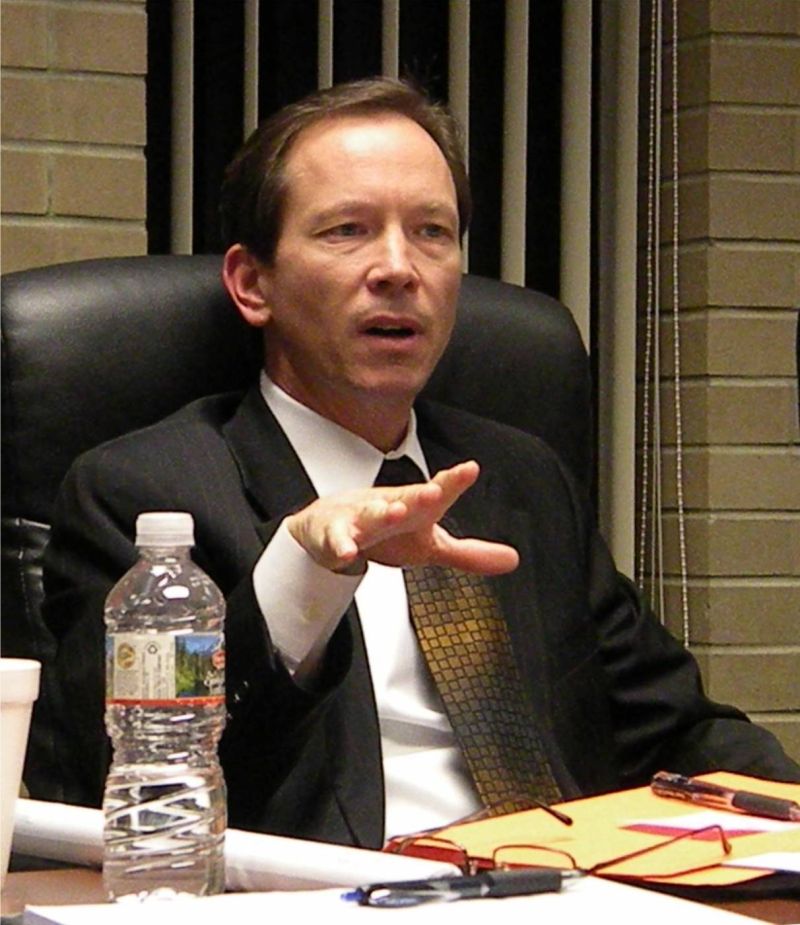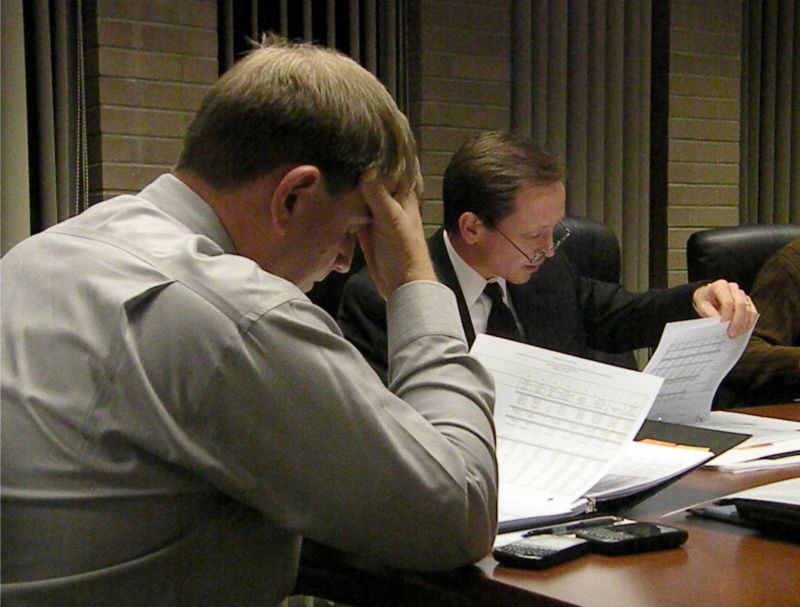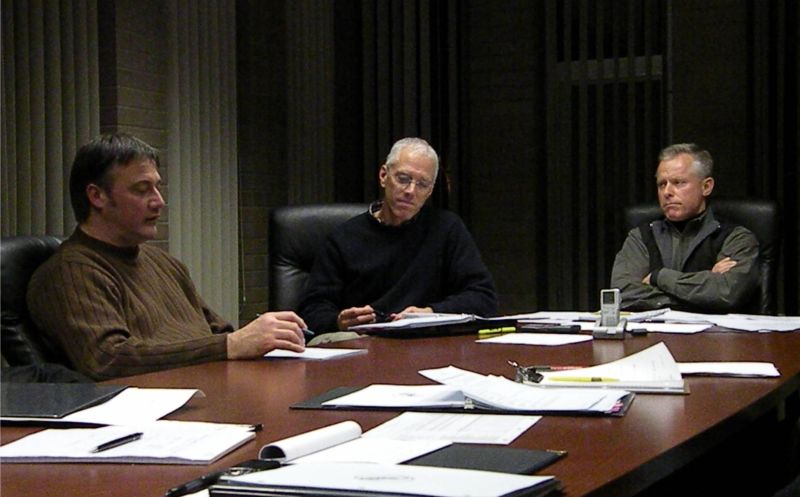122710 City Council Finance Committee pours over 2011 budget
When the members of the Wooster City Council Finance Committee met on December 15 to pour over the details of the citys 2011 budget, what emerged reflects the citys continuing challenge to find ways to bridge the gap between expenditures and revenues.
According to the final version of the budget endorsed by the committee $17,700,330 in planned expenditures, which is the lowest in the past five years, will be offset by $16,362,292 in projected revenues. The $1.3 million gap will come from the citys cash reserves, more commonly known as the Rainy Day Fund.
According to Dordea the city is projected to end 2010 with 129 days in cash. If council passes the proposed budget as expected, the city will end 2011 with 100 days in cash.
With the city dipping into the Rainy Day Fund over the past several years as the economy lagged and tax revenues declined the question on the minds of council members was how long the Rainy Day Fund will last.
According to Dordea, if the city continues to consume its reserves at a clip of $500,000 a year, the Rainy Day Fund will be at its statutory minimum of 60 days within four years.
The question then becomes how to bridge the gap between revenues and expenditures?
The city continues to take aggressive action to control expenses. In addition to the $2 million in annual savings that resulted from the loss of 15 percent of the citys staff through the Voluntary Separation Program, a wage freeze remains in place for all non-union employees. Union employees also agreed to a wage freeze for 2011.
While personnel costs represent by far the largest portion of the citys budget, expense items have also been trimmed and projects postponed or cancelled.
The result is a much leaner organization, so lean in fact that when the city benchmarked its cost structure against similar cities as part of the peer review process, Wooster ranked in the lowest 10-20 percent even before the cost saving measures were taken into account according to Dordea.
The expense reduction and budgetary control has been remarkable, said Finance Committee Chair Jon Ansel adding its not an expense issue. Its a revenue issue.
Ansel noted that while the city can maintain its current level of services through 2011 the time will come when council will need to consider a repeal of the income tax credit for residents who work outside the city, which would net the city $800,000, or the raising of the citys income tax rate by a quarter percent from its current one percent level, which would bring $2.1 million in additional revenue into the city.
Ansel noted that the committee is keeping a very close finger on the pulse of the citys finances and is planning a series of public meetings to keep residents informed about the state of the citys finances.
There will be no surprises, said Ansel. Were not going to wait till the fourth quarter like some organizations and other municipalities do and then its crisis, chaos, pandemonium. Were better than that.
Were going to have plenty of time to review it on council floor, make a recommendation to the taxpayers when the time is right and get their support in terms of endorsing a general income tax increase, said Ansel.
There are other potential landmines looming out there in the minefield of state and federal funding that could explode at any time, said Ansel.
One of those involved ongoing discussions about reductions to local government funds in the states upcoming biennial budget. According to Dordea those funds account for $1.2 million of the citys budget.






